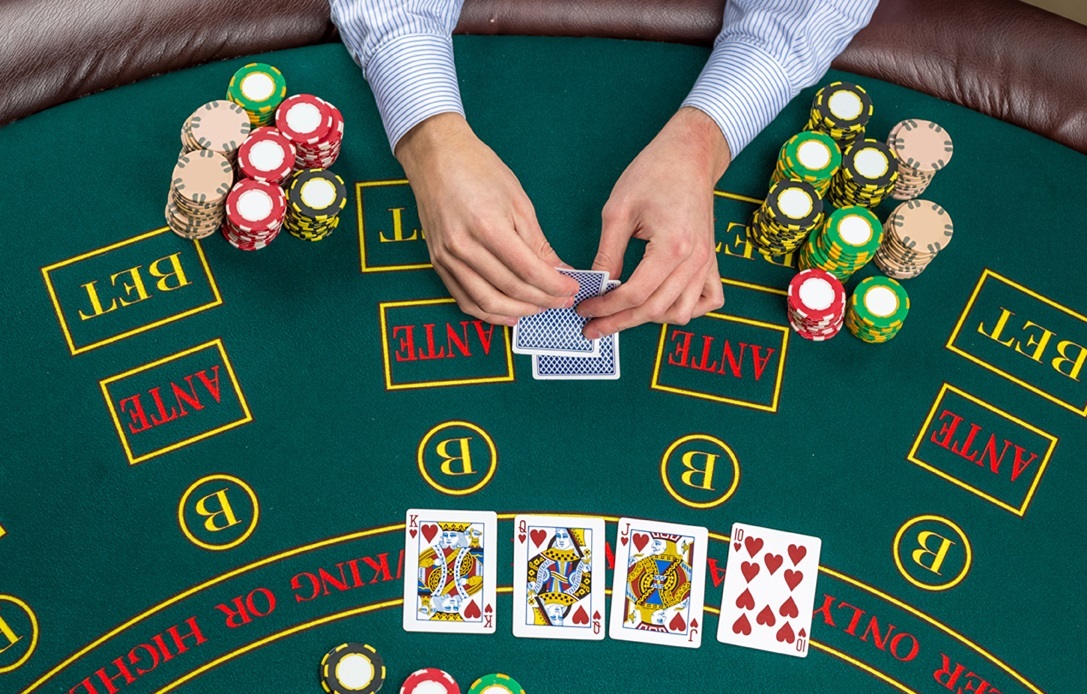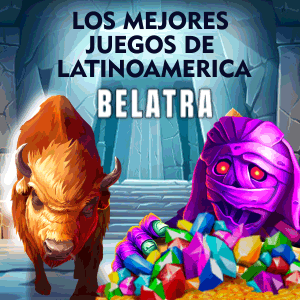Zona de Azar USA – Which Of These 5 Poker Myths Do You Still Believe?

USA.- May 09th 2019 www.zonadeazar.com Poker is such a popular game, even those who don’t play it know a lot about it. Or at least they think they do.
Poker may be getting more and more popular, but it’s still a game full of misconceptions.
Sometimes those myths are made worse by popular culture. Portrays of poker in movies and on TV tends to gloss over the specifics of what actually takes place.
So, people who actually play poker complain that “the movies never get it right”. That’s before they give their own account of how the game is played.
Then there are those who haven’t really played poker at all. They also advance opinions about the game, which only have significance over those who have yet to give poker a try.
These “poker myths” are easy to fall for. But it’s only when someone sits down and joins a game that you recognise them as untrue.
Like the five listed below. How many of these do you recognise?

- Myth #1: Poker is difficult to learn
Many people feel intimidated by poker. Some who are perfectly willing to gamble in other casino games are afraid to venture over into the poker room. They think the game is simply too hard to grasp.
It’s a reasonable fear.
Unlike other casino games, in poker you compete against other players (and not the house). That alone can be enough to cause hesitation. Especially those who are brand new to the game and who understand they’ll likely be up against opponents with more experience.
Texas hold’em is often described as taking “a minute to learn and a lifetime to master.” The fact is, while it probably takes most people more than a minute, learning hand rankings and the order of play isn’t that hard.
Not only is learning poker easier than most realize, learning how to win at poker also isn’t as hard as some think. It only takes a little bit of experience for many player’s skills to improve enough to become competitive, and even profitable.
- Myth #2: Poker is all luck
People who don’t play poker sometimes equate it with other casino games like roulette or slots. That is games in which the player has no control over the outcome whatsoever when risking his or her money.
They also believe to win at poker you need to be dealt the strongest hands. But those who have played the game know this isn’t the case at all.
You can win at poker without the best hand. In fact, being dealt the best hand doesn’t guarantee you’ll win. If you play strong hands badly you’ll still often produce a negative result.
The cards you are dealt do affect your chances of success. But a poker player’s strategy also has a lot to do with whether or not a player wins or loses.
- Myth #3: Poker is not a gambling game
This is the flip side of the previous myth, often an overstatement of the argument that poker is a “skill game.”
Poker is absolutely a game that over the long term tends to reward the better skilled players. But that doesn’t mean luck doesn’t matter at all. It can matter quite a bit, particularly in a given hand.
Poker tournaments provide the most dramatic example of this truth. For example, when a player at a final table goes all in with the better hand, only to lose and be eliminated.
Getting all in with pocket aces against a lesser pocket pair makes you about a 4-to-1 favorite to win. But that means once every five times your opponent is still going to beat you.
That’s just one example to how poker does involve gambling, even for better players who routinely manage to “get it in good.”
- Myth #4: You have to have a good poker face to win
Probably one of the most exaggerated aspects of poker is the idea of “tells”. And players being able (or not able) to hide them at the table.
It’s certainly given a lot of attention in the movies. An eye twitch, or a player’s undue attention to his Oreo cookies (see John Malkovich in Rounders), increases the suspense surrounding a hand.
It’s true that when playing poker in a casino you’re better off not grinning madly every time you have a strong hand. Or trembling uncontrollably when trying to bluff.
But being able to put on a stoic, unrevealing poker face is only a small part of the game. Players often reveal a lot more about the strength of their hands by their betting patterns and via other cues. Tells only very occasionally crop up as significant.
- Myth #5: Poker is a game played by outlaws
The historical legacy of poker as a “cheating game” played by “card sharps” still influences how some view poker today. Movies have contributed a lot to this impression as well, where more often than not poker scenes include players with cards up their sleeves.
It was absolutely the case in the 19th-century. Games aboard steamboats and in the Old West saloons were full of cheaters employing a variety of methods to fleece the unwary. The stories of violence punctuating some of those games have also caused some to associate poker with danger (and criminality).
Modern poker rooms with licenses to operate employ a lot of surveillance to keep the games square. Online poker rooms also take extensive measures to ensure players are safe from cheating. That doesn’t mean players shouldn’t be mindful whenever something seems amiss, but sitting down in a game today is a lot different from what was the case back during the game’s early decades.
Today poker is a game played by all sorts of people at a wide variety of stakes. Certain myths about the game do persist. They highlight poker’s difficulty, risk, or “outlaw” status. But such ideas generally have more to do with the romance of poker than its reality.
Edited by: @MaiaDigital (Twitter) www.zonadeazar.com










































